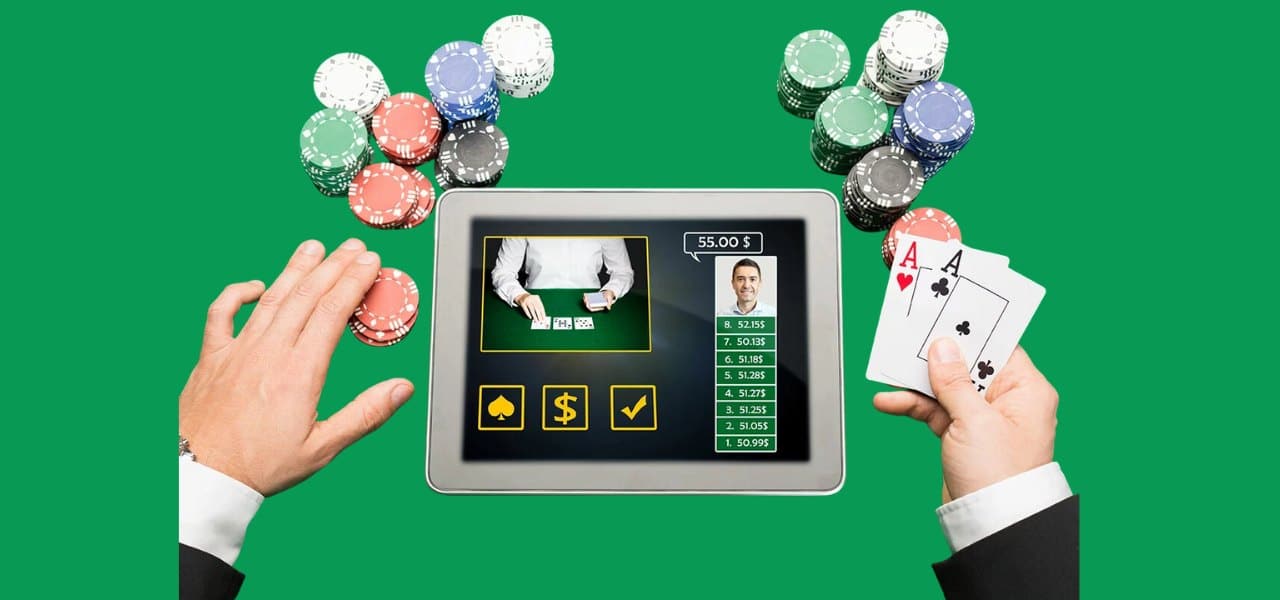Last updated: September 11, 2023

Over the past two months, it’s fair to say that life has changed somewhat. With the COVID-19 pandemic, it has led much of the Western world into isolation and lockdown. But what does this mean for online gambling?
Firstly, the biggest change for those who enjoy gambling has been the removal of sports from the market. With no major sports events going on in the US or even the UK and other countries, this is pushing gamblers into riskier markets with COVID-19 gambling. Instead, they’re choosing online casinos, slots, and even virtual sports – and these carry a higher risk. For some experts, they’re worried that this change will lead to an increase in the number of people seeking help for gambling addiction when we finally come out of the restrictions.
Unfortunately, it’s a negative spiral that some people haven’t been able to escape. In addition to the lack of sport, we’re forced to spend time at home without work and we’re having funds freed up from cancelled holidays and with other expenses no longer required.
In the United Kingdom, the BGC (Betting and Gaming Council) revealed that none of their members will be able to advertise on broadcast media for six weeks (starting at the end of April). With this, consumers are seeing fewer ads on the TV and radio. However, some have called for this to go further and for marketing operations to be suspended temporarily on social media too.
Although this change is in the UK, it shows the difficulty being faced by governments and leading figures all over the world.
At this time of year, much of the gambling revolves around sport. We would have enjoyed March Madness while eagerly anticipating the NBA playoffs, the Olympics in Japan, the crunch time of the baseball season, and various other events. For those who are accustomed to betting on these events every year, they have been forced to look elsewhere. Considering that casinos are also closed, there has generally been two popular paths:
Sports betting is much newer to the United States compared to countries like the UK, but it has quickly captured the imagination of consumers. Meanwhile, casinos have a long history in the country. For those who have recently discovered the online world, there’s a danger that comes with having access to poker tables and roulette wheels at all hours of the day.
Of course, it’s important to remember that sports betting websites and online casinos are businesses and are run by real people. Unfortunately, despite the change in COVID-19 gambling, some services like William Hill are still finding it difficult to survive. According to the chief executive of the William Hill US team, their researchers have been working hard to find markets that consumers will enjoy. Although they found some success with Russian table tennis and the like, they have still been forced into placing employees into furlough.
In the time ahead, it will be interesting to see how the industry survives. While some gamblers are turning to online casinos and desperately looking for alternative sports, others are choosing to ignore coronavirus gambling completely. Will enough people keep an interest in gambling for these services to survive…and at what cost? Governments are worried about gambling addiction and people having time off work with unlimited access to these types of services.
German soccer has returned, marking the first large European competition fixture for around two months, but it will be a long time before things return to normal. Casinos remain closed around the United States, and a huge percentage of staff are furloughed, on reduced hours, or have been let go completely.
Now that players are accustomed to gambling online, will they forget the physical casino when it eventually reopens? Will gambling addiction be an ever-larger problem? Will COVID-19 have actually helped reduce this problem with no sports and no physical casinos open? Only time will tell.